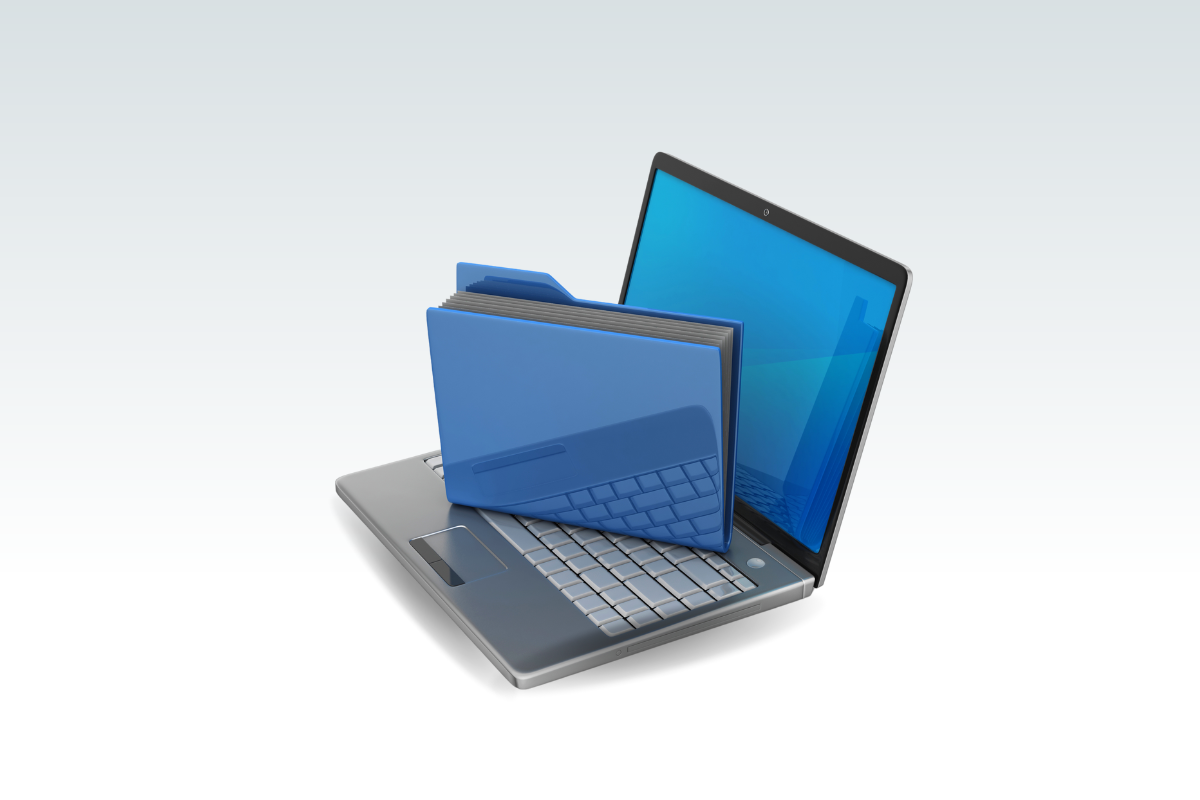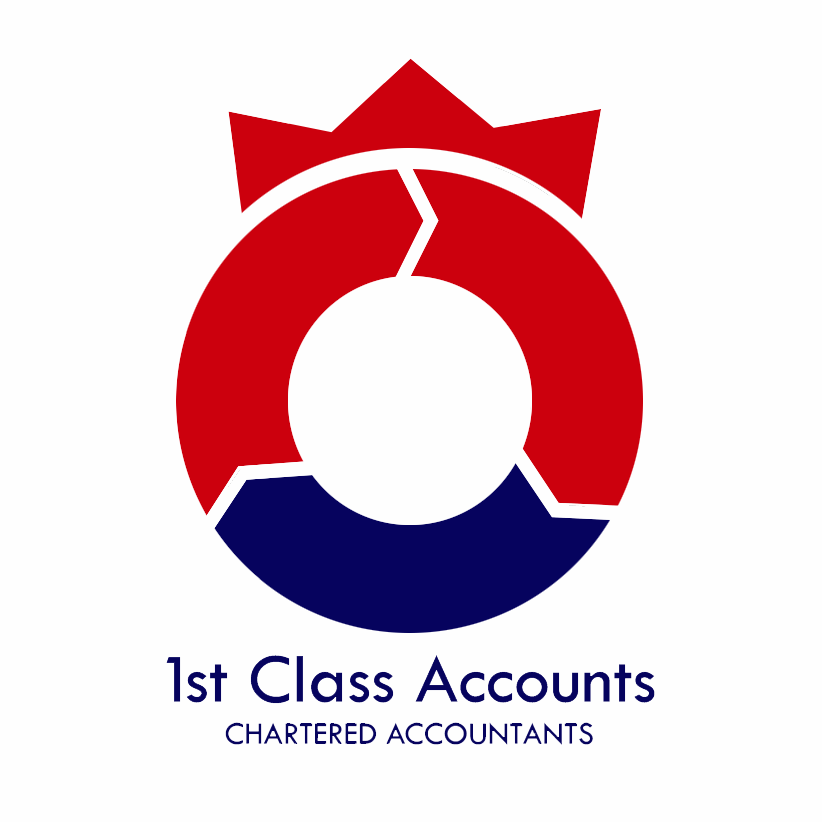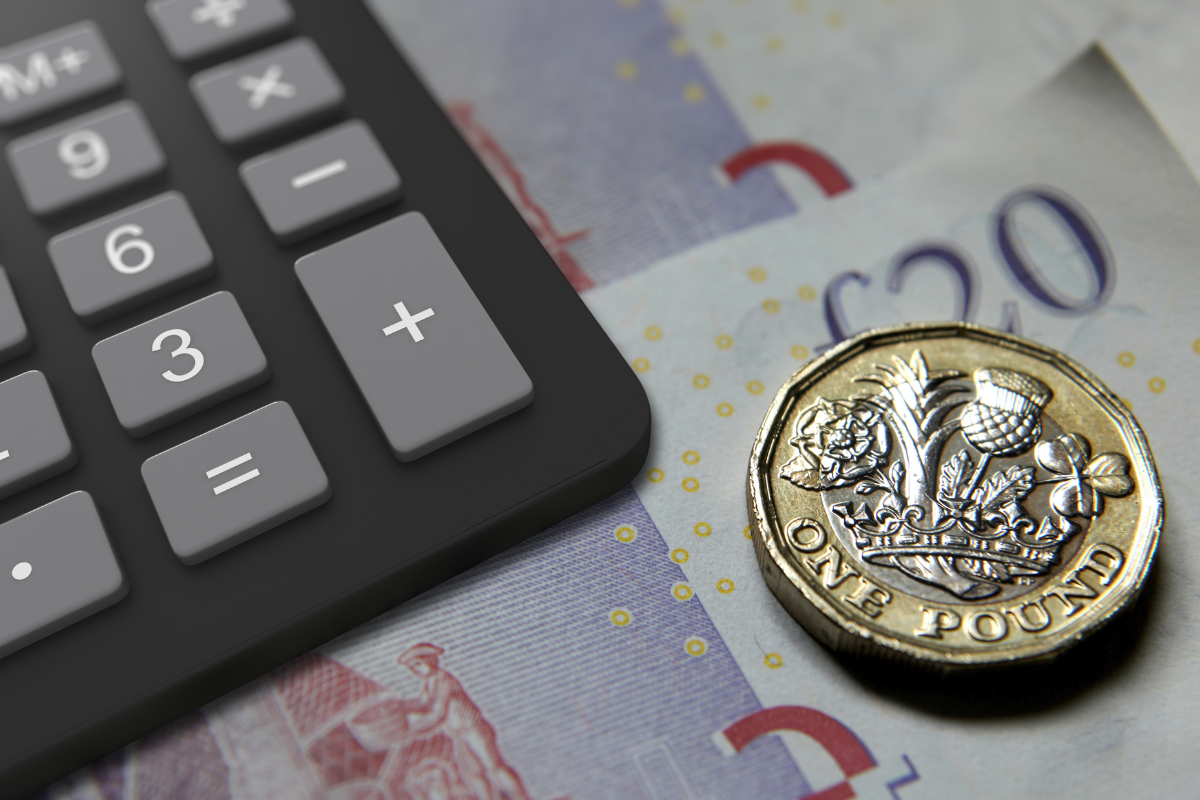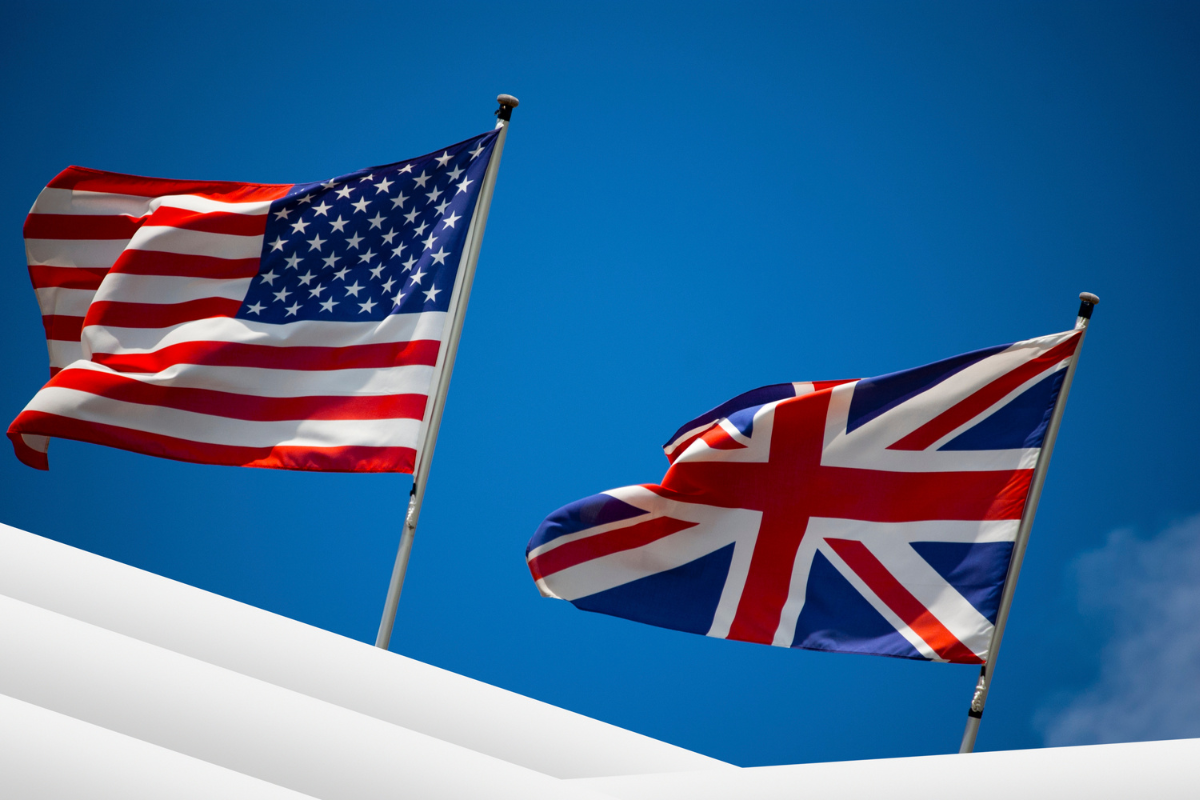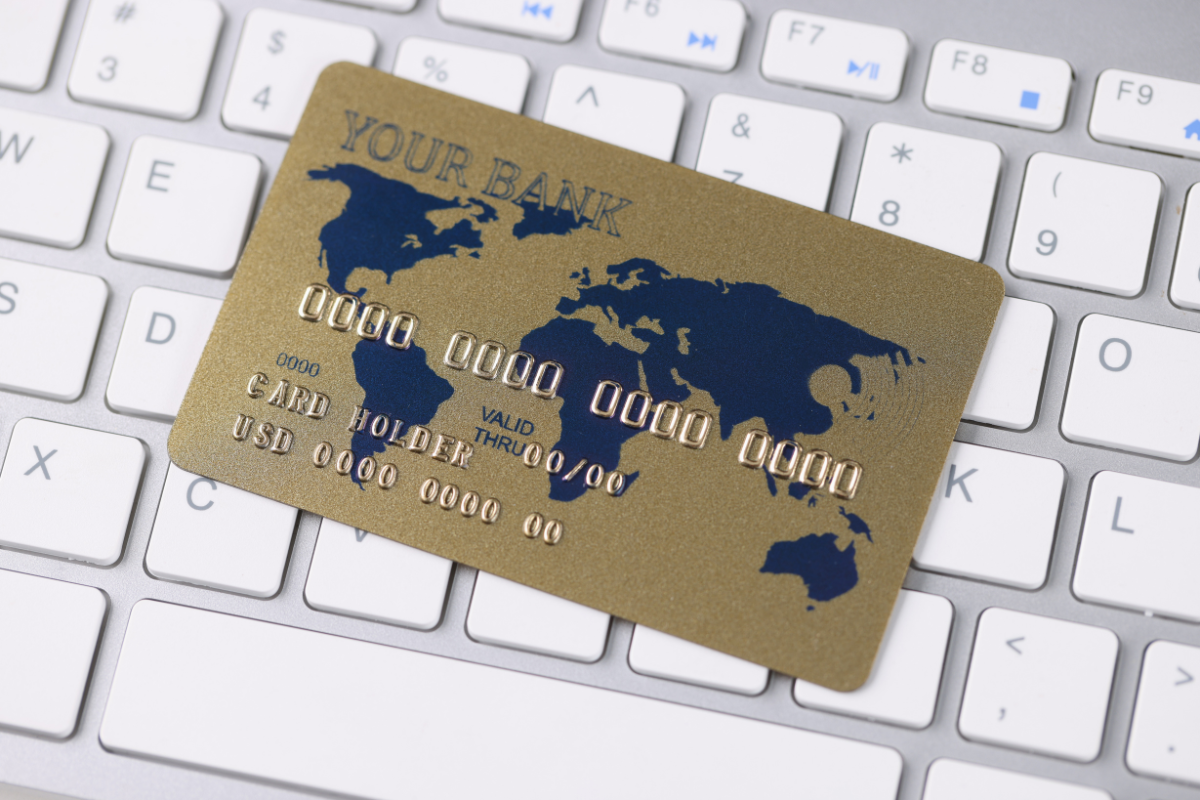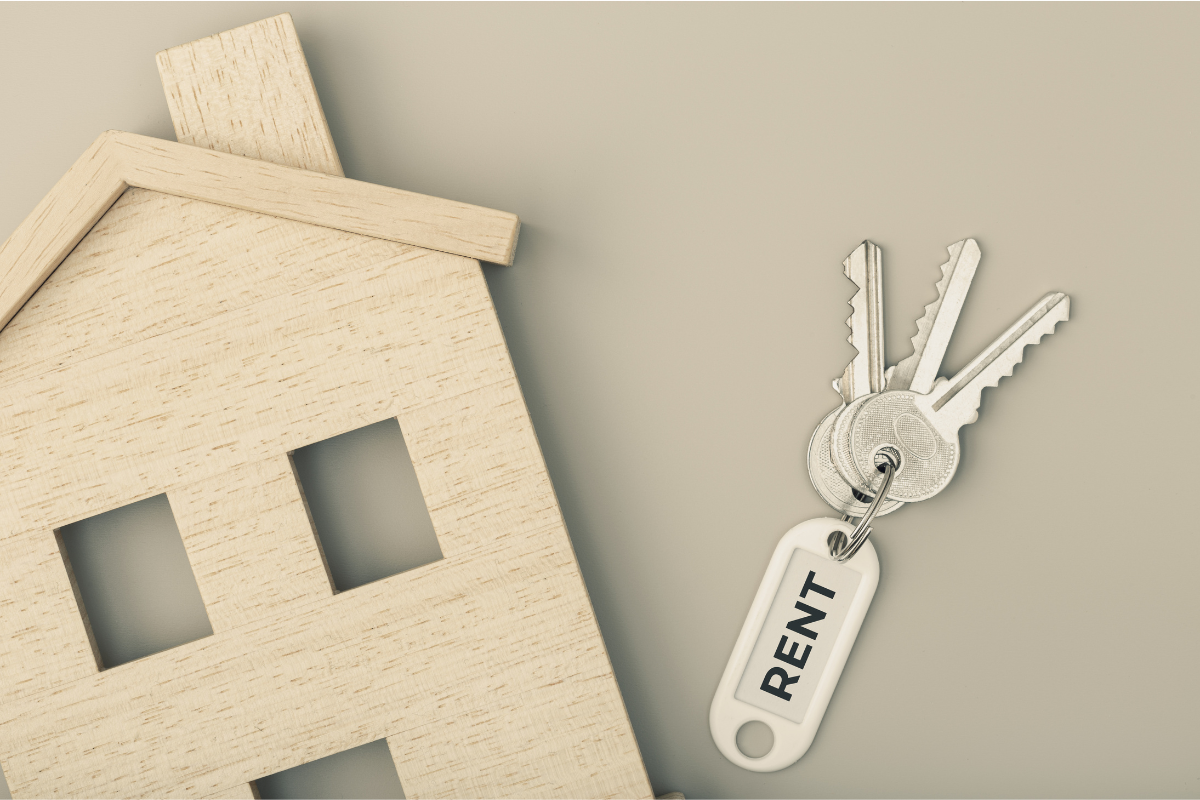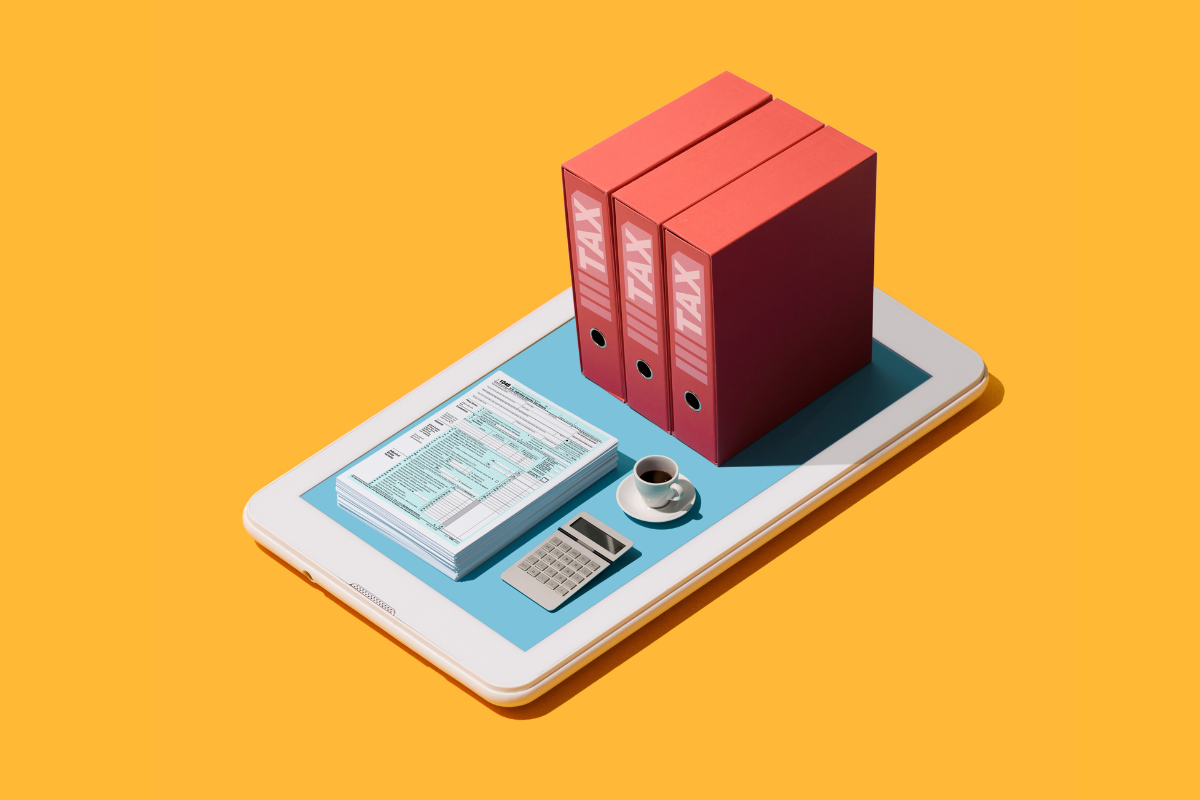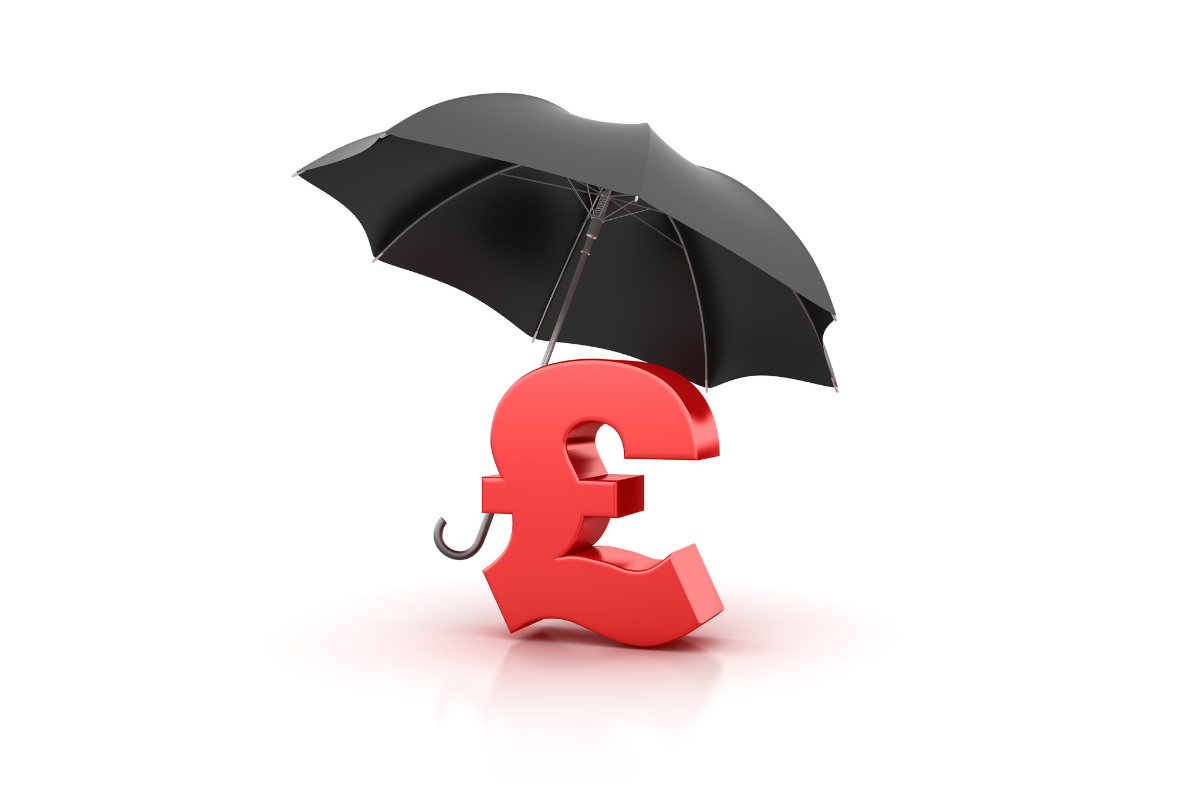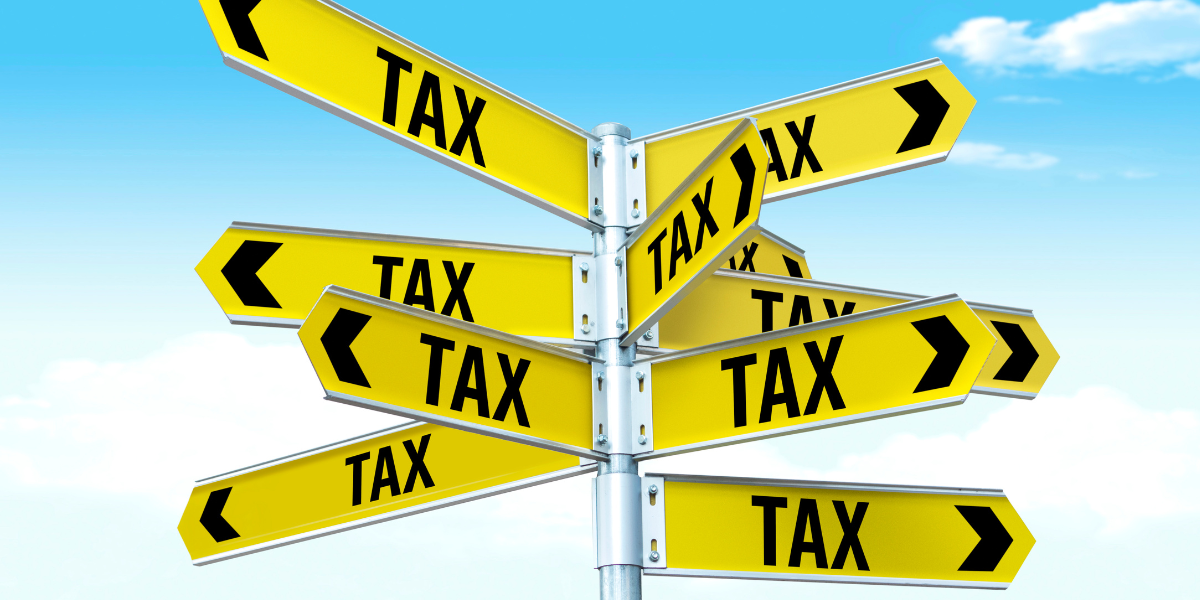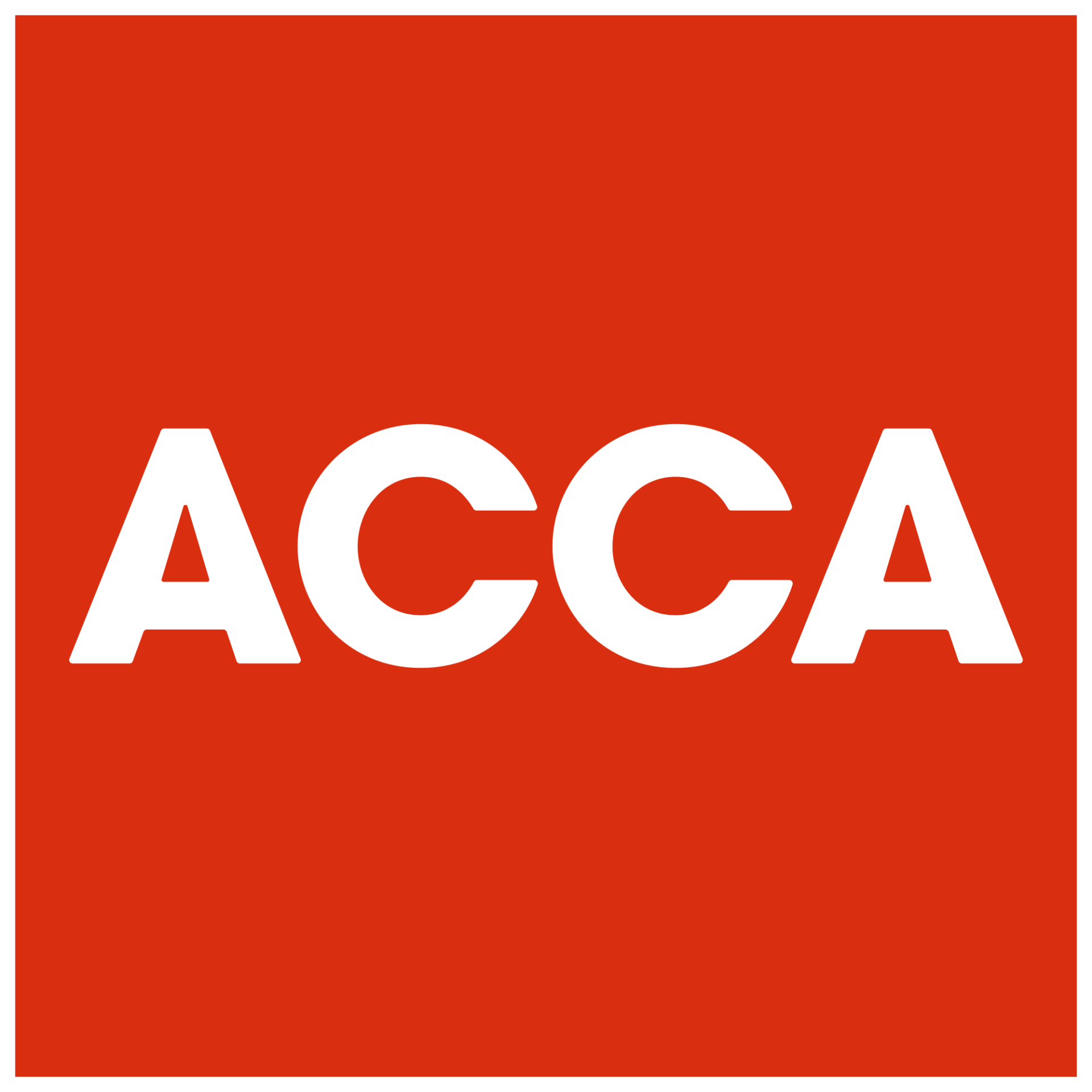Cash vs Accrual Accounting
Time to read: 2 minutes
What is cash basis accounting?
Businesses that use cash basis accounting record income and expenses only when money related to those transactions is received or dispensed. They do not count sent invoices as income, or bills as expenses until they have been settled.
Despite the name, cash basis accounting has nothing to do with the form of payment you receive. You can be paid electronically and still be using cash accounting. You can use cash basis if you:
- run a small self-employed business, for example sole trader or partnership
- have a turnover of £150,000 or less a year
If you have more than one business, you can use the cash basis for all your businesses. The combined turnover from your businesses must be less than £150,000.
What is accrual basis accounting?
Businesses that use accrual accounting record income as soon as they raise an invoice for a customer. Revenue is accounted for when it is earned, and an expense is recognised when a bill is received. It is recognised as an expense even if the payment will not be made for another 30 days.
- You have a much more accurate picture of business performance and finances
- You can make financial decisions with far more confidence
- It can sometimes be easier to pitch for long-term finance
Which one should I use?
The accrual method is the more commonly used method. One reason for the accrual method's popularity is that it smooths out earnings over time since it accounts for all income and expenses as they are generated. The cash basis method records these only when cash changes hands and can present more frequently changing views of profitability.
If you would like more information regarding this, please do not hesitate to contact us.
At your service!
For more information visit:
https://www.gov.uk/simpler-income-tax-cash-basis/who-can-use-cash-basis

